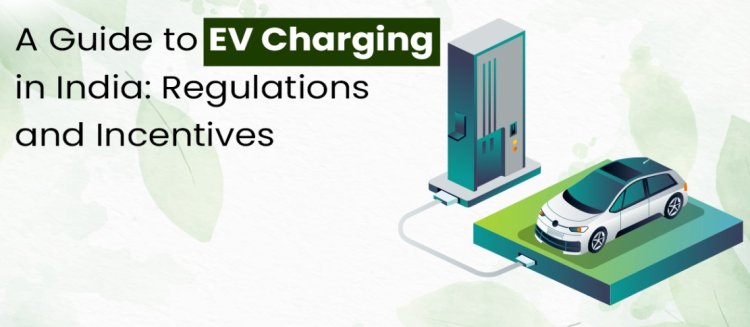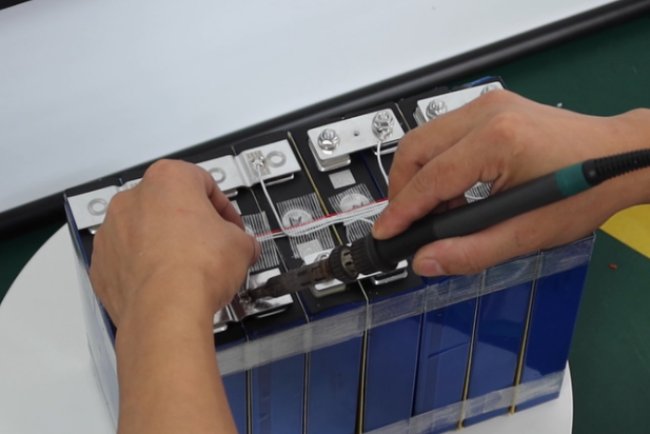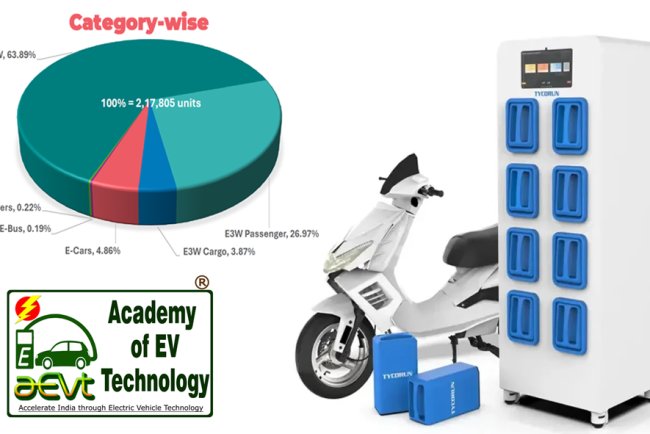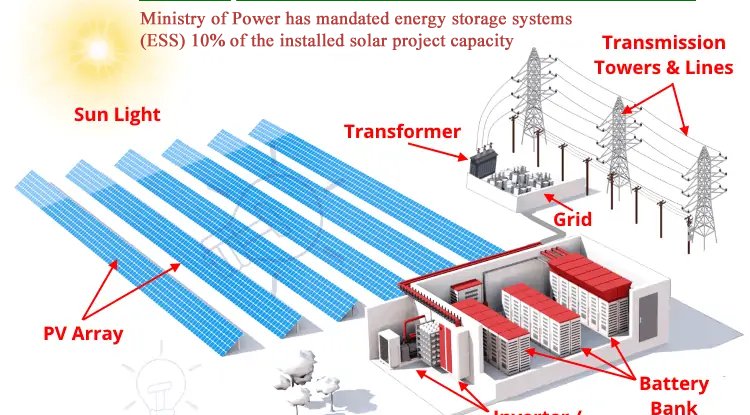Government Support Entrepreneurs to Start EV CS Business
PR Newswire: The government encourages private entrepreneurs to set up EV charging stations by providing subsidies, financial incentives, and simplified regulations, such as the absence of a licensing requirement, under schemes like the PM E-DRIVE scheme. This initiative aims to build a widespread charging infrastructure by making it a financially viable and accessible business opportunity for individuals and businesses across India, supporting the growth of green mobility.

Yes, subsidies and incentives are available for setting up EV charging stations in India, but they are primarily state-level and under specific programs like the PM E-DRIVE Scheme. Delhi offers up to a 100% subsidy on charging points, while Maharashtra has Viability Gap Funding for DC fast chargers.
Government Initiatives to Support Entrepreneurs
-
Financial Incentives & Subsidies:Schemes like the PM E-DRIVE offer upfront subsidies for charging equipment, making the initial investment lower for entrepreneurs.
-
Electricity Tariffs:Charging stations benefit from electricity tariffs capped at the Average Cost of Supply, which is a favorable rate compared to commercial tariffs, reducing operational costs.
-
Simplified Regulations:Setting up an EV charging station is an unlicensed activity, which simplifies the process for entrepreneurs and reduces barriers to entry.
Other Forms of Support
Benefits for Entrepreneurs
-
Lucrative Business Opportunity:The government's support makes the business of EV charging infrastructure more profitable and less risky, attracting investors and entrepreneurs.
-
Flexible Locations:Entrepreneurs have the flexibility to install charging stations in various locations, including public spaces, commercial buildings, highways, and rural areas, expanding revenue potential.
-
Contribution to Green Mobility:By supporting the charging network, entrepreneurs contribute to India's green mobility mission, promoting sustainable transportation and reducing carbon emissions.
How to Get Involved
-
1. Identify a Suitable Location:Choose a location based on visibility, accessibility, and proximity to existing power supply.
-
2. Install Equipment:Set up the charging equipment, ensuring it meets the required safety standards.
-
3. Ensure Network Connection:Establish a network connection for remote monitoring and management of the charging station.
-
4. Launch and Promote:Launch the charging station and promote its services to attract EV users.
State-Level Subsidies and Incentives
ESS News: Energy storage system development, latest news, press release, analysis and opinion from the global energy storage industry.




















